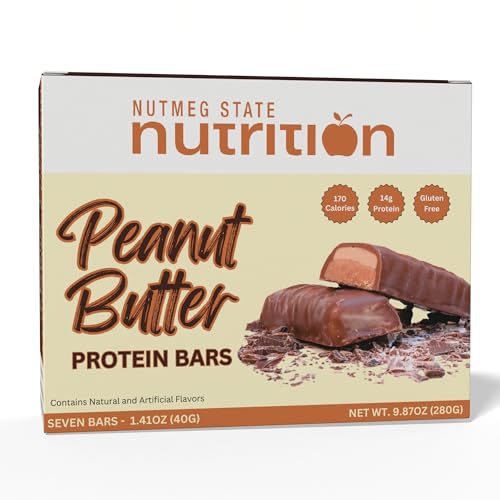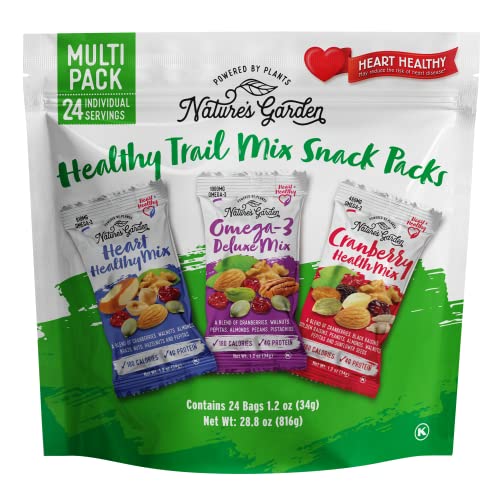Peanuts are one of those snacks that spark a lot of debate. Some people swear by them as a healthy option while others raise eyebrows at their calorie count and fat content. I find it fascinating how a simple legume can stir up such strong opinions.
As I dive into the world of peanuts, I’ll explore their nutritional benefits and potential drawbacks. Are they truly a guilt-free snack or just a tasty treat to enjoy in moderation? Join me on this journey to uncover the truth about peanuts and whether they deserve a spot in your healthy snacking routine.
Nutritional Profile of Peanuts
Peanuts offer a diverse range of nutritional benefits that make them an interesting option for healthy snacking. Understanding their macronutrients and micronutrients can help determine how they fit into a balanced diet.
Macronutrients
Peanuts primarily consist of three macronutrients: protein, fat, and carbohydrates.
- Protein: About 7 grams of protein in a 1-ounce serving provides a substantial source of this essential nutrient.
- Fat: Peanuts contain 14 grams of fat per ounce, mostly healthy unsaturated fats that support heart health.
- Carbohydrates: With about 6 grams of carbohydrates, peanuts contain fiber that aids digestion, making them a filling snack.
The balance of these macronutrients promotes energy and helps maintain muscle mass while supporting overall health.
Micronutrients
Peanuts are rich in essential vitamins and minerals.
- Vitamin E: One ounce packs about 2.4 mg of vitamin E, contributing to antioxidant protection.
- Magnesium: Approximately 49 mg of magnesium aids in muscle function and energy production.
- Folate: Peanuts provide around 68 mcg of folate, essential for cell growth and metabolism.
These micronutrients enhance not only overall health but also the body’s ability to recover and perform daily functions efficiently.
Health Benefits of Peanuts
Peanuts provide numerous health benefits that can make them a great snack choice. With their balanced nutritional profile, they promote overall well-being while satisfying cravings.
Heart Health
Peanuts support heart health due to their healthy fat content. They contain mostly unsaturated fats, particularly monounsaturated fats, which can help lower bad cholesterol levels. According to the American Heart Association, including nuts like peanuts in your diet may reduce the risk of heart disease. Additionally, peanuts are rich in antioxidants and vitamins, such as vitamin E, which protects the heart by combating oxidative stress.
Weight Management
Peanuts can play a role in weight management as part of a balanced diet. Their protein and fiber content creates a feeling of fullness, reducing the likelihood of overeating. A study published in the journal Nutrition found that incorporating nuts, like peanuts, into a meal can lead to lower calorie intake later in the day. This satiety effect helps maintain energy levels while keeping portion sizes in check, making it easier to enjoy a healthy snacking routine.
Potential Risks of Eating Peanuts
Peanuts can pose certain risks, even with their health benefits. Understanding these potential downsides helps me make informed choices about snacking.
Allergies
Peanut allergies rank among the most common food allergies, particularly in children. Symptoms can range from mild hives to severe anaphylaxis, which necessitates immediate medical attention. Testing by a healthcare provider confirms a peanut allergy if there are concerns. Avoiding peanuts altogether becomes crucial for those affected, and reading labels carefully helps prevent accidental exposure.
Aflatoxins
Aflatoxins are toxic compounds produced by molds found in certain crops, including peanuts. These toxins, linked to liver damage and cancer in high amounts, present a risk, particularly in improperly stored peanuts. Buying peanuts from reputable sources reduces this risk significantly, as they follow safety protocols to minimize aflatoxin contamination. Choosing roasted or dry-roasted varieties can also help limit exposure, as the heat process often reduces mold presence.
Comparing Peanuts with Other Snacks
Peanuts stand out in the snack world, especially when compared to other popular choices. Their unique nutritional profile and satiety levels often make them a preferred option.
Nutritional Value
Peanuts provide a well-rounded mix of macronutrients. In a 1-ounce serving, they deliver about 7 grams of protein, 14 grams of healthy unsaturated fats, and 6 grams of carbohydrates. When I compare peanuts to chips or candy bars, which often lack substantial nutrients, the difference becomes clear. Chips typically contain empty calories, while peanuts offer essential vitamins and minerals like vitamin E, magnesium, and folate. These micronutrients not only support overall health but also contribute to energy levels, making peanuts an excellent choice for a nutritious snack.
Satiety Levels
Peanuts excel at keeping hunger at bay. Their combination of protein and healthy fats creates a satisfying snack that helps manage appetite. One serving of peanuts can make a significant impact on satiety, reducing the likelihood of binge eating later. In contrast, granola bars often marketed as healthy can be high in sugar and may lead to a quick energy spike followed by a crash. I love incorporating peanuts into my snacks, knowing they help stave off hunger and support my healthy snacking goals.
Conclusion
Peanuts can definitely be a tasty and nutritious addition to my snack routine. They bring a lot to the table with their protein and healthy fats while keeping me feeling full. However I also need to be mindful of potential allergies and the quality of the peanuts I choose.
For me it’s all about balance. I love enjoying peanuts in moderation while being aware of their nutritional benefits. Whether I’m munching on them solo or adding them to a trail mix I find they fit nicely into a healthy lifestyle. So if you’re considering peanuts as a snack I say go for it but just keep moderation in mind.












